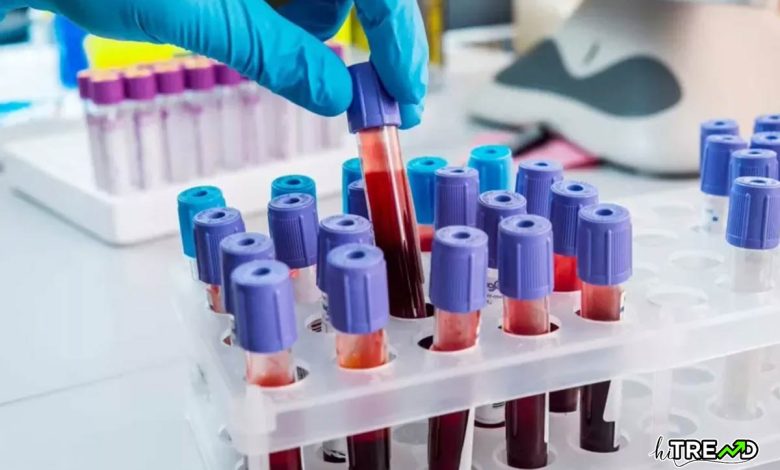Easy blood test shown to predict heart disease risk decades in advance

Why it matters: One in every five US deaths is due to heart disease according to the CDC. Much is known about how to prevent heart attacks and strokes – information that primarily focuses on diet and lifestyle changes as well as preventative drugs – but new research has found that an easy blood test can predict heart attack risk 30 years out. This testing looks at so-called bad cholesterol but two other biomarkers as well that have traditionally been ignored in the study of cardiovascular health.Easy blood test shown to predict heart disease risk decades in advance
A routine blood test can determine the long-term risk of a woman’s propensity for heart disease, according to a study published in the New England Journal of Medicine. Traditionally, cardiovascular risk has been evaluated through cholesterol levels, especially low-density lipoprotein (LDL), or “bad” cholesterol as it is sometimes called.
You can read more Technology articles
However, the study identified two other biomarkers alongside LDL that taken together provide a more comprehensive prediction of heart attacks, strokes, and coronary heart disease.
These biomarkers are lipoprotein (a), or Lp(a), a type of fat in the blood, and C-reactive protein (CRP), an inflammation marker, according to lead study author Dr. Paul Ridker, director of the Center for Cardiovascular Disease Prevention at Brigham and Women’s Hospital in Boston.
“We have other biomarkers [besides LDL] that tell us about other kinds of biological problems our patients who are destined to have cardiovascular disease are likely to have,” Ridker told NBC News.
The research analyzed data from nearly 30,000 US
women who participated in the Women’s Health Study over a 30-year period. Their average age was 55 and they enrolled in the study between 1992 and 1995. The follow-up monitoring found that 13% of these women experienced heart attacks or strokes, underwent surgery for narrowed or blocked arteries, or died from heart disease.
Ridker believes these findings could be applicable to men as well and that the focus on women was intentional. “This is a largely preventable disease, but women tend to be under treated and underdiagnosed,” he said.
The participants underwent blood tests at the start of the study to measure LDL cholesterol, Lp(a), and CRP levels. The study found that women with the highest LDL cholesterol levels had a 36% increased risk of heart disease compared to those with the lowest levels. High Lp(a) levels indicated a 33% higher risk, and elevated CRP levels were associated with a 70% increased risk. When weighing all three markers together, women with the highest levels were 1.5 times more likely to suffer a stroke and over three times more likely to develop coronary heart disease than those with the lowest levels.
The upshot is that Ridker recommends that testing for these three biomarkers occur in a person’s 30s or 40s, to give the patient time to make changes to their diet and lifestyle before a cardiovascular event can happen. Medication might also be necessary to manage elevated levels of Lp(a), LDL, and CRP.
It should be noted that 94% of participants were white,
excluding people of color. Statistics from the National Library of Medicine show that black adults have disproportionately higher cardiovascular risk factors and disease compared to white adults in the US. And the US Department of Health and Human Services reported that African Americans were 30% more likely to die from heart disease than non-Hispanic whites in 2019.Easy blood test shown to predict heart disease risk decades in advance
Still, Dr. Kunihiro Matsushita from Johns Hopkins Bloomberg School of Public Health told NBC News that further exploration of these biomarkers could be important for groups traditionally considered to be at low risk for heart disease, such as women, young people, and individuals of East Asian descent.
He also noted, though, that while inflammation is definitely important, “that doesn’t mean CRP is the best marker for predicting cardiovascular disease risk.”
“Using three biomarkers is interesting, but the choice of which biomarkers these are can be explored further.”
Follow HiTrend on X





